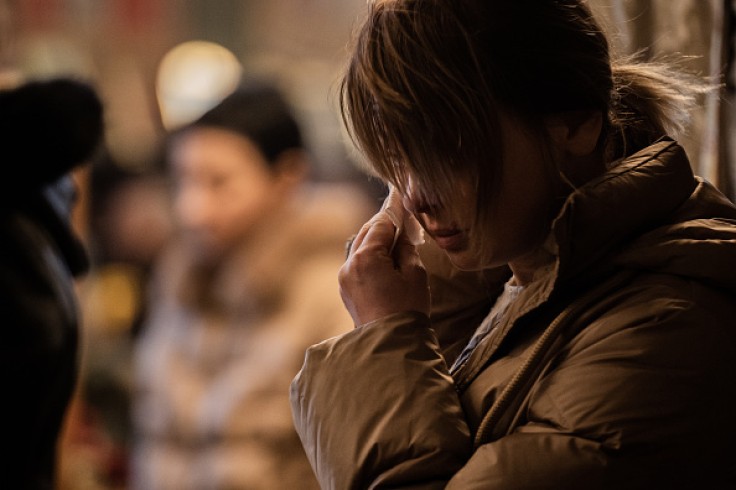
Kathleen Folbigg, a woman labeled as Australia's worst female serial killer, has been granted a pardon after serving 20 years in prison for the deaths of her four children. The case, which has been marred by controversy and doubts about her guilt, has prompted New South Wales Attorney General Michael Daley to intervene based on the preliminary findings of a recent inquiry that found "reasonable doubt" regarding Folbigg's culpability in all four deaths.
Attorney General Michael Daley announced during a press conference that he had recommended an unconditional pardon for Kathleen Folbigg, which was subsequently granted. Daley acknowledged the tremendous toll the case had taken on all those involved and expressed hope that the decision would bring some closure to this two-decade-old matter.
The Conviction and Doubts
In 2003, Kathleen Folbigg was convicted on three counts of murder and one count of manslaughter relating to the deaths of her four babies between 1989 and 1999. Despite the absence of physical evidence linking her directly to their deaths, the jury relied on the prosecution's argument that the probability of four infants from the same family dying from natural causes before the age of two was extremely low.
Furthermore, the jury considered excerpts from Folbigg's diary, which were interpreted as incriminating confessions when taken out of context. These factors played a significant role in her conviction.
However, in 2019, a fresh inquiry into Folbigg's case was initiated following the emergence of new scientific evidence providing a genetic explanation for the deaths of her children. During the closing submissions of the recent inquiry, Sophie Callan, the lead counsel assisting the investigation, emphasized that there was reasonable doubt about Folbigg's guilt based on the entirety of the evidence presented.
According to CNN, Callan also highlighted that the Director of Public Prosecutions in New South Wales had indicated that there was room for the inquiry to conclude that there was reasonable doubt in Folbigg's case.
Read Also : Justice for Anti-abortion Group as Suspect Arrested for Firebombing; DNA Evidence Proves Key
Seeking Justice and Closure
According to BBC, the decision to pardon Kathleen Folbigg has sparked renewed debate about one of Australia's most controversial cases and raised concerns about potential miscarriages of justice. It serves as a reminder of the importance of continually reevaluating criminal convictions in light of new evidence and scientific advancements. As Folbigg walks free after two decades in prison, the case offers a glimpse into the complexities of the legal system and the significance of ensuring that justice is served accurately and fairly.
Kathleen Folbigg's pardon after serving 20 years in prison for the deaths of her four children has reopened discussions about her guilt and the possibility of a grave miscarriage of justice. According to The Guardian, the decision by the New South Wales Attorney General to grant the pardon was based on the emergence of reasonable doubt and the findings of a recent inquiry.
This landmark case serves as a stark reminder of the need for ongoing scrutiny of convictions and the pursuit of justice in an evolving legal landscape. The repercussions of the Folbigg case will continue to reverberate throughout Australia's criminal justice system, prompting calls for increased vigilance and the protection of individual rights.
Related Article : Kansas Lawmakers Pass Controversial Abortion-Related Infant Care Law; Providers May Face Criminal Charges